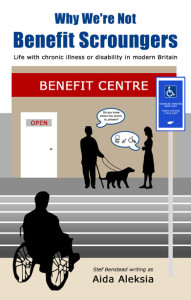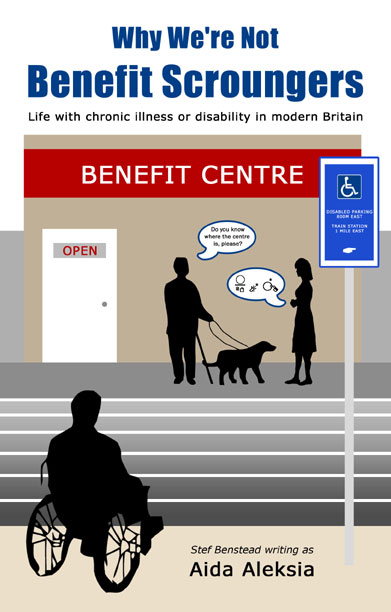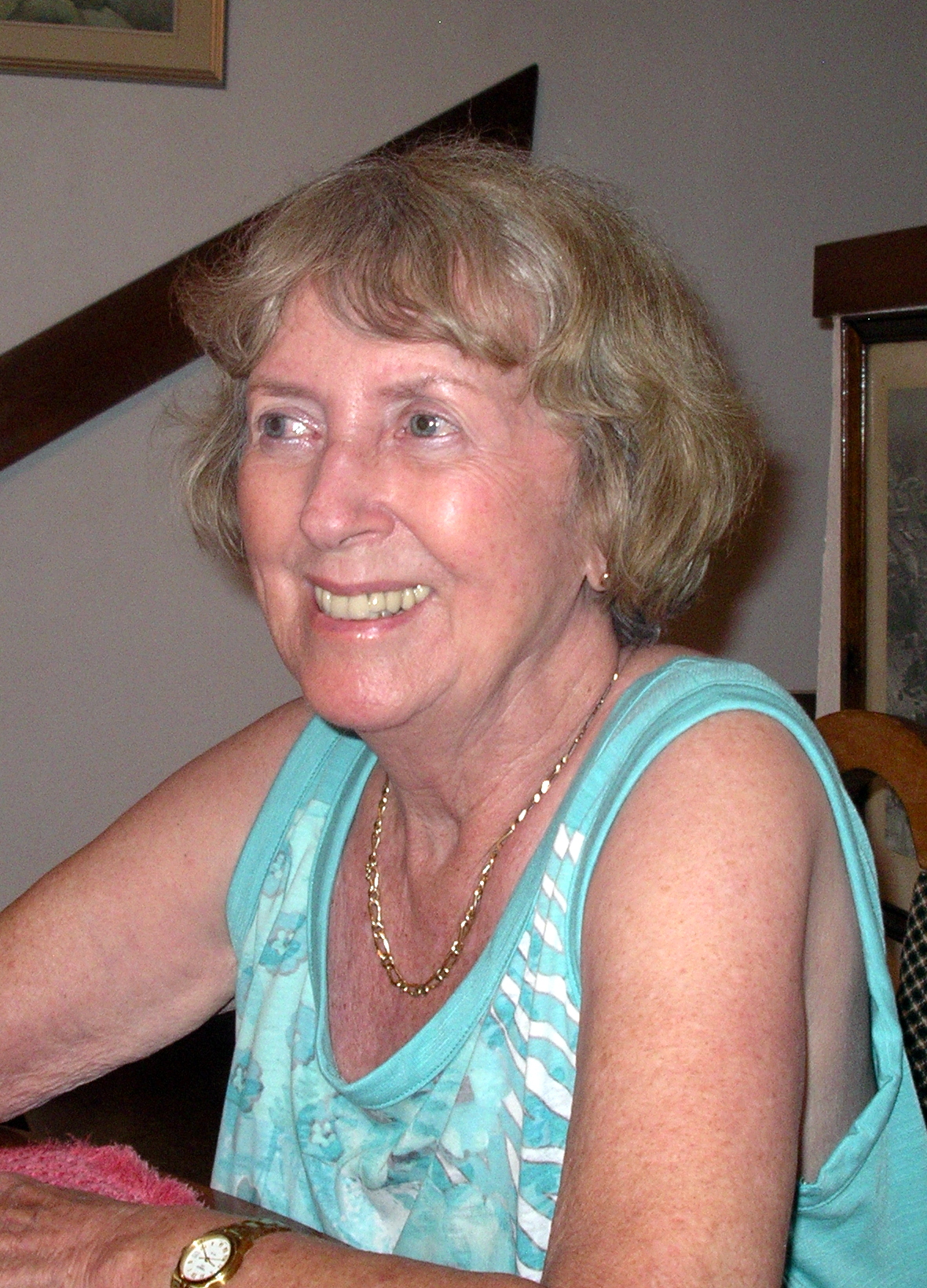Stephanie Benstead, 23, was studying for a PHD at Cambridge when she was struck by ME and was forced to claim benefits. Here, she tells about how what happened to her inspired her to write her own story that not everyone on benefits is a scrounger… 
Book name, publication date, who book is published by:
Why We’re Not Benefit Scroungers, January 2013, Writersworld is written under my pen name Aida Alesksia.
Is this your first book?
This is my first book. Previously I was studying for a PhD at the University of Cambridge but I had to give this up when I developed ME/CFS.
What is the book about?
Why We’re Not Benefit Scroungers is an account of disability, chronic illness and social security. It provides an insight into the lives of chronically ill and disabled people, and the realities of what we face in the benefits system. Misinformation from the government has allowed many members of the public to adopt an attitude of resentment and animosity to these people. Yet the data show a different story – one of sick people terrified of receiving brown envelopes; of people suffering deterioration in health after being told they are or soon will be fit for work; a story of people living in poverty and fear.
I give detailed consideration to the problems within the benefits system, including the controversy around the Work Capability Assessment, issues of fraud and concerns about the government’s new benefit, Personal Independent Payment. Misinformation, rhetoric and prejudice are addressed and countered by reference to facts, figures and reports from organisations including the DWP, Joseph Rowntree Foundation and Citizen’s Advice Bureau. Following on from this I recount ten stories from chronically ill and disabled people, ranging from my own experience with ME to children deaf from birth, and from struggles with education to illnesses made worse by cost-cutting exercises.
When did you start writing?
I started writing a year ago. When I first came down with ME I started looking into the benefits system as it relates to chronically ill or disabled people. There is a lot of information to counter media and government misinformation, and much campaigning going on, but it largely has not been reaching the general public. This is starting to improve, but I wanted a book written so that information would be easily accessible and available to everyone, without them having to look for it or know to look for it.
How long did it take to write?
It only took a year to write. Most of the book is about individual’s lives, which was just a question of interviewing people and writing up their stories. The chapters on policy and social security took longer, but there are many individuals and organisations working on this, and this made it easy to find the information. Having found the information I just wrote some text around it!
My family were very supportive, but also concerned that I did not make my health worse. I think I managed that but maybe if I hadn’t been writing a book I would have started to recover. Still my parents have been wonderful in looking after me, which meant what mental and physical abilities I had could go into the book. That has been really important in allowing me to do this writing.
I’m not a perfectionist – I’m satisfied if I know I’ve done my best, even if my best isn’t perfection – but I do know my writing has been hampered by my illness. It’s a good book as it stands (or so I’m told!) but I know that if I were well there would have been a few more references, a bit more data – like the auditor general saying that the DWP is one of the best at measuring fraud and error. It would have been good to have included that in the section on fraud, but I wasn’t aware of the auditor’s comments at the time my book went to print.
Did you set out to write a personal book?
I always intended to include my own story. It has shocked people – it made my mum cry, and she lives with me! ME is not a visible illness, so many people don’t realise how ill I am, or what it costs me to do things like this.
How did you get published?
I approached a couple of publishers but never heard from either of them. I was very keen to get this book out quickly; it is highly topical at the moment and is also very urgent. The government is making some big changes, not all of which seem to have been well grounded in evidence, and there is huge concern and fear amongst the disabled community. So I wanted a quick publication.
Traditional publishers take a long time to get a book out in print, so I chose to go through a self-publisher. It didn’t take long to find one (Writersworld) that was honest and comprehensive in what it offered. Having agreed to publish through them, Writersworld took care of everything important for me, including many details I wouldn’t have known about but which are contributing to the success of my book.
Anything else?
I was on BBC Radio Wales Sunday Supplement on Sunday 13th January, discussing my book and the benefits uprating bill. The Sunday Express and Huffington Post are writing articles about the book, as has Manchester Evening News.
The book includes my own story; my education before developing ME (1st in Natural Sciences from the University of Cambridge; started a PhD there) and what happened after I became ill during fieldwork. I was still 21 when I became ill.
Stephanie’s book is available from her website, www.aidaaleksia.com
If you have written a book and would like to be featured in Author Spot contact us here: Write for Us!



